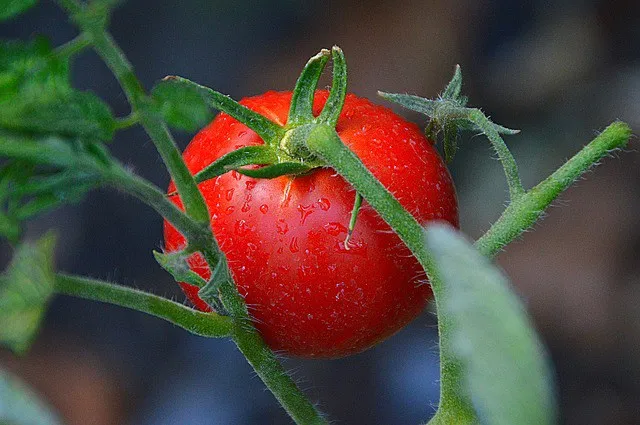7 Things To Put In Your Tomato Planting Hole For The Best Tomatoes

1. Aspirin
Drop 2-3 aspirin tablets in the hole when planting in the ground; this is to boost plant immunity, it also helps to ward off diseases like blight and increases the yield. The salicylic acid, a compound in aspirin is the reason why it works. You can also spray plants with the solution contain this drug.
2. Epsom Salt
Tomatoes suffer from magnesium deficiency that is why it’s a good idea to add 1 or 2 tablespoons of Epsom salt while transplanting the seedling in the bottom of the planting hole (both in containers or garden bed). Cover this with a thin layer of soil; this is to make sure that roots are not directly touching Epsom salt.
3. Used coffee grounds
Add well-composted coffee grounds to the planting hole when transplanting tomato seedlings to improve soil composition and provide a source of slow-release nutrients to your plants. It is an excellent source of fertilizer and can be used even as a mulch.
4. Eggshells
Eggshells boost the calcium content in the soil. And just like us, Calcium is one of the most important components that plant needs for growth. It also helps to prevent blossom end rot. Whether you’re planting tomatoes in the garden bed or containers, you can always put eggshells before planting.
5. Baking Soda
It works and really a good trick (especially when you’re growing tomatoes in containers) if you want sweeter tomatoes. Simply sprinkle a small amount of baking soda around the base of your tomato plants. The baking soda will be absorbed into the soil and lower the acidity levels, thus, giving you tomatoes that are more sweet than tart.
6. Kelp Meal
Kelp meal is rich in micro-nutrients and trace elements. It provides complete nutrient for plants, the addition of kelp gives tomatoes a turbo boosted start. Slow-release kelp fertilizer contains the tomato with sufficient nutrient over a period which prevents the plant from experiencing shock as is with the use of excess fertilizers. One cup-full of kelp meal is adequate for the plant at the time of planting.
7. Fish heads
Fish heads have been used as a natural fertilizer in the garden for a long time. Their popularity with tomato planting is not a myth that needs to be busted. It works! Their decay releases nitrogen, potassium, many essential trace elements, calcium and phosphorous. The only problem with burying fish heads is that critters may dig them up. To avoid this, bury deeply, at least a foot. You can drop them into the hole whole or use groundfish scraps which you can mix with water(2 cups) and milk(1 cup) for a supercharge solution.



0 Comments